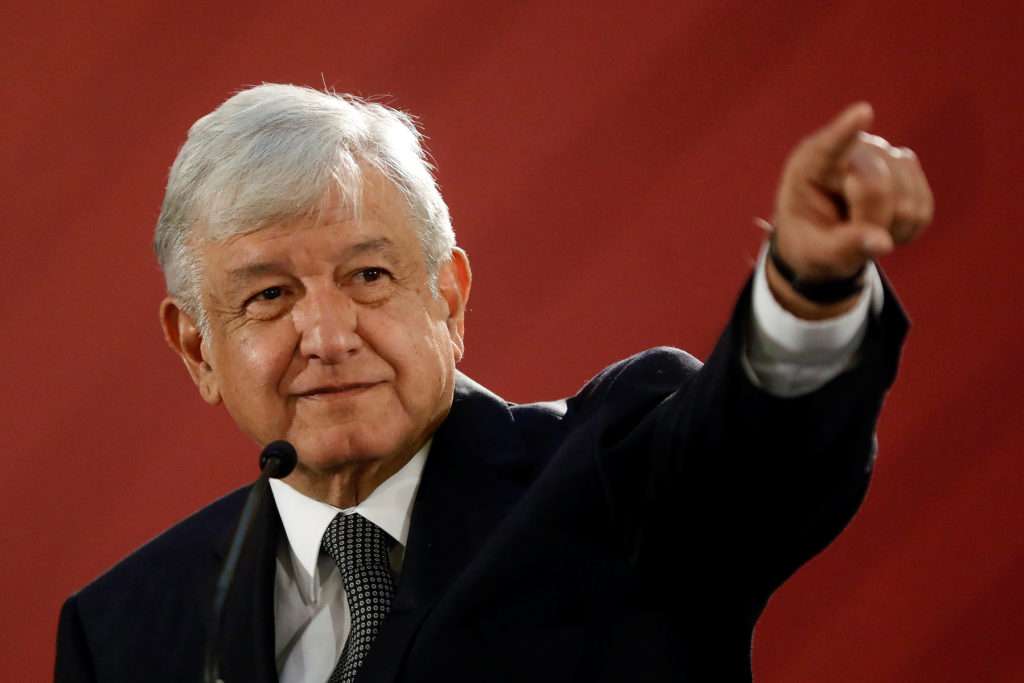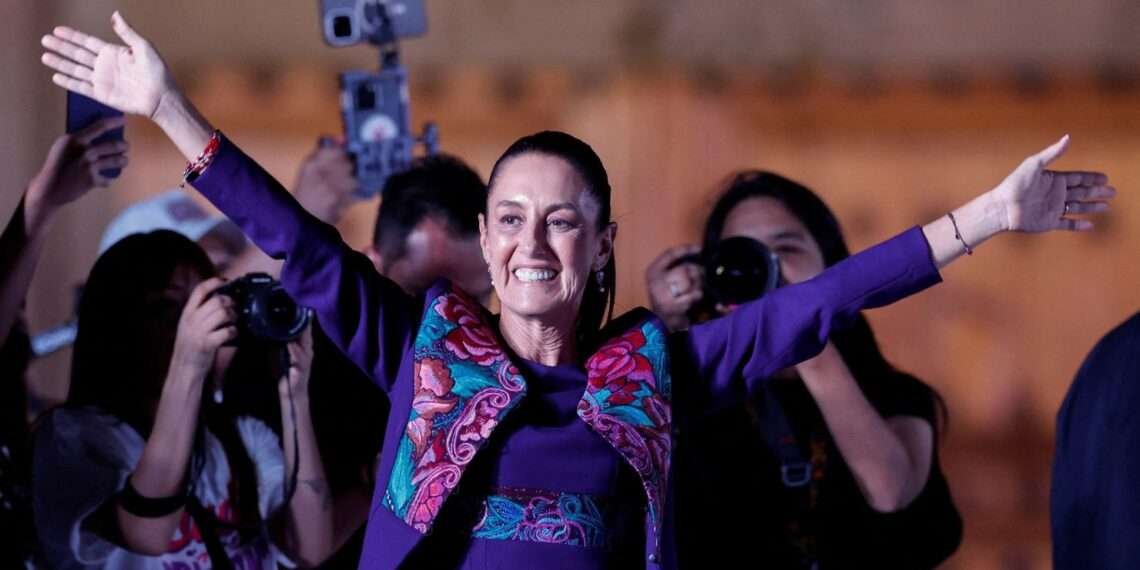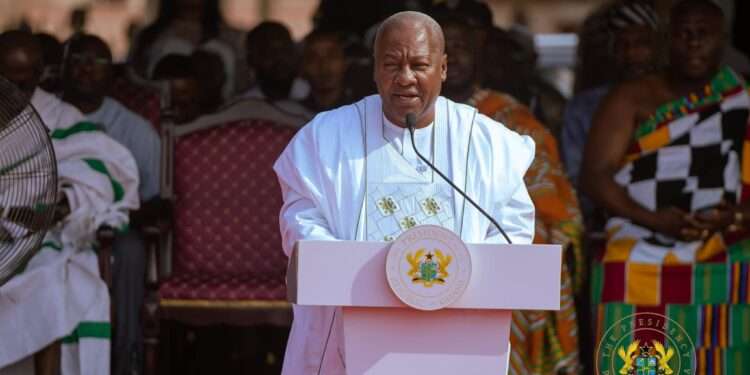Claudia Sheinbaum is set to become Mexico’s first woman president, marking a significant milestone in the nation’s 200-year history.
The announcement came after electoral authorities confirmed her lead through a statistical sample.
Speaking at a downtown hotel, Sheinbaum expressed her joy and gratitude. “I will become the first woman president of Mexico,” she declared with a beaming smile.
“This achievement is not mine alone. It belongs to all of us — our heroines who fought for our homeland, our mothers, our daughters, and our granddaughters.”
Claudia Sheinbaum
Sheinbaum emphasized the peaceful and democratic nature of the election. “We have demonstrated that Mexico is a democratic country with peaceful elections,” she noted.
According to the National Electoral Institute, Sheinbaum garnered between 58.3% and 60.7% of the vote.
Opposition candidate Xóchitl Gálvez secured between 26.6% and 28.6%, while Jorge Álvarez Máynez obtained between 9.9% and 10.8%.
Projections also show Sheinbaum’s Morena party maintaining majorities in both chambers of Congress.
A climate scientist and former mayor of Mexico City, Sheinbaum revealed that her competitors had conceded defeat.
The official preliminary count showed her leading Gálvez by 28 points with nearly half of the polling places reporting.
The election of two leading female candidates ensured that Mexico would make history. Sheinbaum also breaks new ground as the first person of Jewish descent to lead the predominantly Catholic nation.
Her six-year term will commence on October 1, as Mexico’s constitution prohibits reelection.
Sheinbaum’s Vision: Equality and Social Support
Claudia Sheinbaum, a committed leftist, shares the vision of her mentor, outgoing President Andrés Manuel López Obrador. She advocates for a strong government role in addressing economic inequality and providing a robust social safety net.
“Of course, I congratulate Claudia Sheinbaum with all my respect, who ended up the winner by a wide margin. She is going to be Mexico’s first woman president in 200 years.”
President Andrés Manuel López Obrador

Sheinbaum’s margin of victory approaches López Obrador’s landslide win in 2018 when he secured 53.2% of the vote in a three-way race.
However, Sheinbaum might not enjoy the same level of unwavering support that López Obrador commanded.
For instance, in Mexico City’s Zocalo, Sheinbaum’s win did not elicit the massive jubilant crowds that celebrated López Obrador’s victory six years ago. The crowd was enthusiastic but noticeably smaller.
“I promise that I am not going to let you down,” Sheinbaum assured her supporters upon arriving in the plaza.
Among the celebrants was Sara Ríos, a 76-year-old retired literature professor from Mexico’s National Autonomous University.
“The only way that we move forward is by working together. She is going to work to bring peace to the country, and she will manage to advance, but it is a slow process.”
Sara Ríos
Main opposition candidate Gálvez, a tech entrepreneur and former senator, conceded the race with a call for accountability.
“I want to stress that my recognition of Sheinbaum’s victory comes with a firm demand for results and solutions to the country’s serious problems,” Gálvez stated.
The election saw nearly 100 million registered voters and a turnout of about 60%, consistent with previous elections.
Voters also elected governors in nine of the country’s 32 states and selected candidates for both houses of Congress, thousands of mayorships, and other local positions.
The elections, the largest in the nation’s history, were marred by violence but marked a significant step in Mexico’s democratic process.
Sheinbaum’s victory signifies the continuation of the political movement started by López Obrador, hinting at sustained influence even as his presidency concludes.
Her campaign, which she led from start to finish, overcame spirited challenges and made history with its unprecedented female leadership.





















